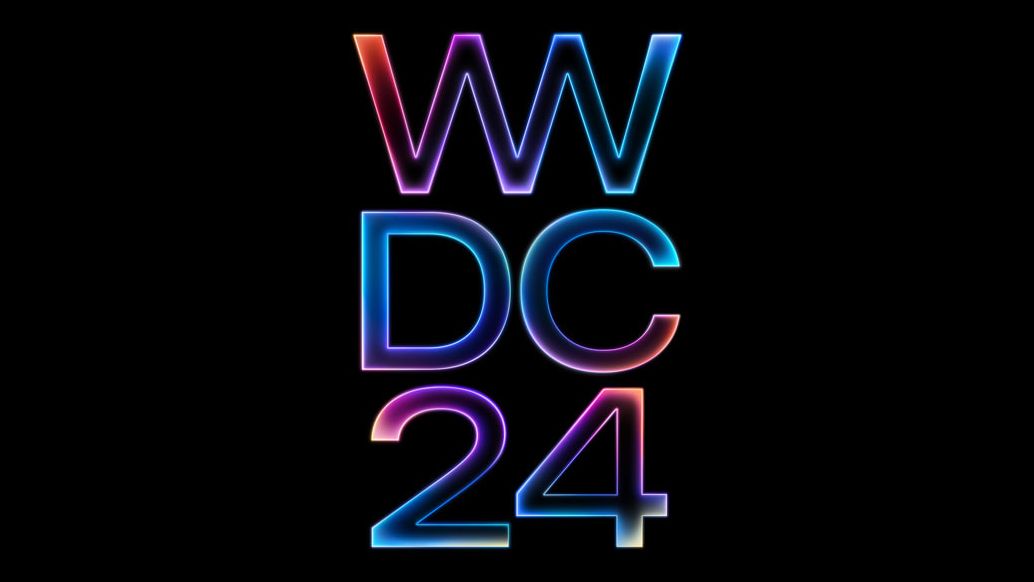Tech industry behemoths are under scrutiny over unchecked artificial intelligence (AI) advancements, which have sparked ethical concerns among the populace, despite seemingly being overlooked by these corporations’ leaders. The families of any controversies such as the recent incident involving an OpenAI chatbot mimicking the voice of Scarlett Johansson are illustrative of this apparent negligence.
In contrast, AI professionals have expressed trepidation about voicing their misgivings over potential setbacks stemming from the industry’s rapid development. Such fears of retaliation for speaking out against their employers’ practices were highlighted in an open letter, as reported by Ars Technica.
Former and current personnel from Google DeepMind and OpenAI were among the 13 signatories of the letter titled “The Right to Raise Alarms about Advanced Artificial Intelligence.” Some signatories opted for anonymity due to fear of reprisals. Their apprehensions have been validated by academics like Yoshua Bengio, Geoffrey Hinton, and Stuart Russell.
This cohort insists that Big Tech companies should safeguard their experts’ ability to share their concerns without fear of job loss or other repercussions. They emphasize that AI bears great societal benefits but also harbors risks that could exacerbate inequalities, enable misinformation, and potentially lead to a loss of control over autonomous systems, which could even threaten human extinction.
The advocates implore technology companies to practise transparency by instituting policies that protect their employees when they raise red flags. A notable example of a step in the right direction is OpenAI’s decision, under public and media influence, to cease enforcing non-disparagement clauses that previously restricted employees from criticizing the company openly.
Nevertheless, these AI experts stress that their proposed safeguarding measures should be the last resort and should not disclose proprietary secrets unless absolutely necessary. Their bold stance on the matter reflects the broader fear manifesting in the entertainment industry, where AI’s rising prevalence in film production has already stirred considerable debate and concern.
Ethical concerns regarding AI are becoming increasingly pressing as technology advances. This is due in part to the powerful capabilities of AI and its integration into various aspects of daily life, from decision-making processes in businesses to personal virtual assistants.
Key questions that arise from the topic include:
– What ethical concerns are associated with AI development?
– Why are tech giants pressured by former employees over AI ethics?
– What are the potential repercussions for professionals who speak out against their employers’ AI practices?
– How can transparency and ethical guidelines for AI be enforced within major tech companies?
– What are the potential societal risks and benefits of advanced AI?
Some of the main challenges and controversies associated with the topic are:
– Balancing innovation with ethical considerations: There’s a fine line between fostering technological advancement and ensuring that such developments are ethical and beneficial to society.
– Ensuring transparency: Making the AI decision-making process transparent is tough, as AI systems can be complex and not easily understood by the general public.
– Job security for whistleblowers: Professionals are often worried about the repercussions of raising concerns, risking retaliation or job loss.
– Protection of proprietary information: While there is a call for transparency, companies also have to protect their intellectual property and trade secrets.
Advantages and disadvantages of ethical oversight in AI include:
– Advantages:
– Ensures that AI technologies are developed and used in ways that are socially responsible.
– Can build public trust in AI systems.
– Helps to prevent potentially harmful consequences, including the exacerbation of inequalities or misuse of AI.
– Disadvantages:
– May slow down innovation, as ethical review processes can be time-consuming.
– Could limit competitiveness if ethical standards differ between regions or countries.
– May be challenging to establish and enforce globally accepted ethical standards given different cultural and legal norms.
If you’re looking for additional information on artificial intelligence and its societal implications, you may visit websites such as:
– Association for the Advancement of Artificial Intelligence
– Future of Life Institute
– Please remember to always ensure that any URLs are valid and safe before visiting.
The call for ethical AI development and the empowerment of AI professionals to raise concerns without fear of repercussions is a step toward responsible technological progression. It is important that as society navigates these complex issues, dialogue remains open, diverse, and informed by a broad range of perspectives.





